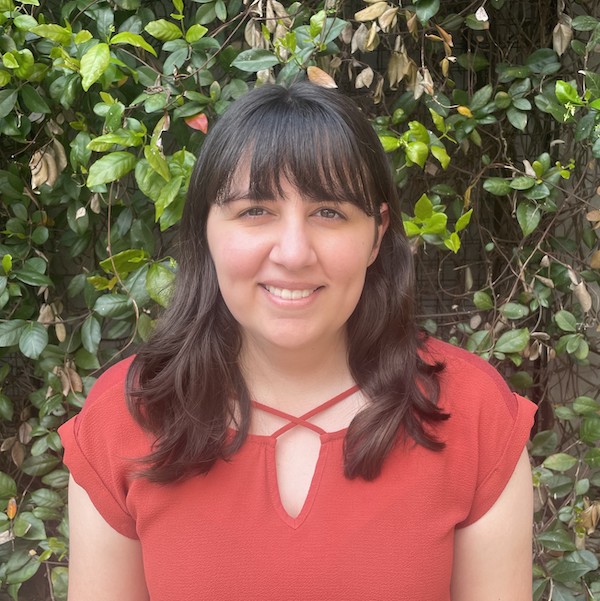Describe the steps you took to obtain your research opportunity.
I knew that I wanted to do research over the summer, so in the fall I started looking into different universities that allow undergraduate students to work in labs over the summer. During my search, I found the summer internship program at the National Institutes of Health. I submitted an application, and started looking through their neuroscience faculty. I reached out to several labs that I was interested in through email and was offered a position after an interview.
How far in advance did you prepare and begin applying for your experiential learning opportunity?
I started preparing my application the summer before my internship experience and submitted my application in the fall.
If you used any Career Center services, resources, or events to obtain your research opportunity, what were they? How did they support your application process?
I spoke with the neuroscience career advisor about different opportunities to get research experience over the summer. I also received feedback on my CV from the career center before submitting my application.
Describe some of your responsibilities or duties during your experiential learning opportunity.
I was assigned a research project to complete over the summer. My project involved performing a lick microstructure analysis of different internal and external cues to determine their effect on appetitive motivation in mice. I also helped the lab set up a new software called DeepLabCut which will help make behavioral analysis more efficient. At the end of the summer, I presented a research poster on my project at NIH Summer Poster Day.
What was a typical day like "on the job?"
On a typical day, I would check in with my supervisor, then head to the animal facility to run experiments. Then I would either do data analysis, work on my poster presentation, or shadow other lab members. If I had some down time, I sliced brains using a microtome and mounted them onto slides to be scanned by a microscope.
What are some major takeaways from your experience? How will these help prepare you for the next step after graduation?
Most of the research I have done at FSU has been behavioral but learning about other people's projects this summer helped me realize that I had been limiting myself to a very small part of the neuroscience field. I am now trying to seek out labs outside of my comfort zone so I can become more well-rounded.
Did this experience help clarify your career path? If yes, how so?
Yes, this experience helped me feel more confident in my decision to pursue a neuroscience graduate program after I graduate. I even got to attend the NIH grad school fair and network with potential programs.

Joelyz Wolcott
"Learning about other people's projects this summer helped me realize that I had been limiting myself to a very small part of the neuroscience field."
Major: Behavioral Neuroscience
Opportunity: Research at the National Institutes of Health

